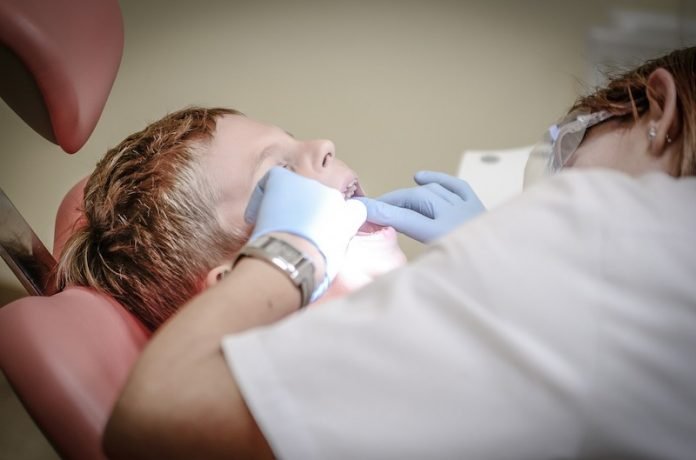
In a new study, researchers had a new discovery that could allow dentists to regenerate the roots of teeth.
The research was conducted by a team from the University of Southern California.
To figure out how the body changes over time, scientists are increasingly looking to understand epigenetics, the research of changes in organisms caused by modification of gene expression rather than alteration of the genetic code itself.
This scientific endeavor extends to teeth as well.
In the new study, the team discovered that epigenetic regulation can control tooth root patterning and development.
A protein called Ezh2 helps the bones of the face to develop, but it was not known how it affects tooth root development.
The team looked at what happens when Ezh2 is not present in the molar teeth of developing mice.
They found that Ezh2 and another protein called Arid1a must be in balance to establish the tooth root pattern and the proper integration of roots with the jawbones.
This means to someday regrow teeth, it is important to first regenerate the roots.
The team says through human evolution, there have been changes in our diet and environment that can influence our epigenome—the ways human genes are regulated.
There is a difference between the root formation of modern human dentition versus Neanderthals.
Neanderthal molars have longer root trunks than the ones seen in anatomically modern humans and show the late splitting of the roots, which could be due to the effect of diet and exercise on the proteins that turn the genes on and off.
The balance of regulators also has a hand in disease and wellness. In different types of cancer, research has shown that the balance of two opposing epigenetic regulators is quite important.
Knocking out one regulator can create cancer, but modulating its opposing regulator can stop cancer.
The team says these epigenetic regulators, which are not changing the DNA sequences, are important in themselves, but the level of their activity is also important.
Basically, people can’t have too much or too little—if the balance is off track, then they get developmental problems or disease.
The team’s research on the regulation of tooth development is to regrow teeth. They aim to find ways to regenerate a molar root and put a crown on top.
One author of the study is Yang Chai, associate dean of research at the Herman Ostrow School of Dentistry of USC.
The study is published in eLife.
Copyright © 2019 Knowridge Science Report. All rights reserved.



